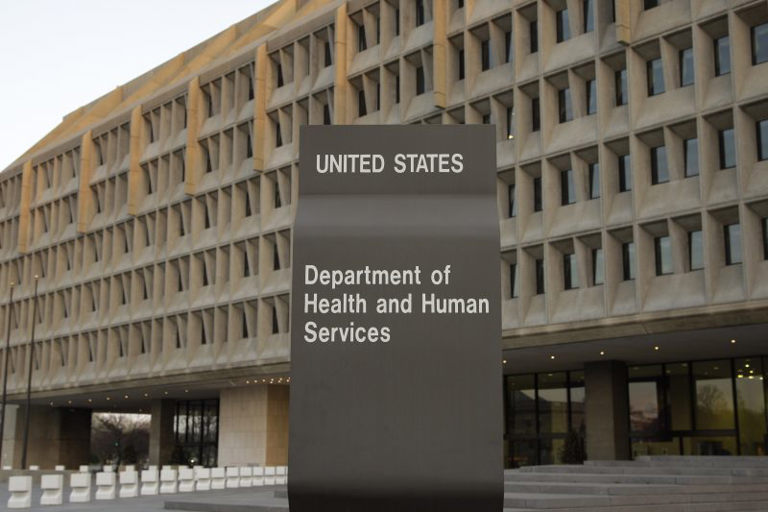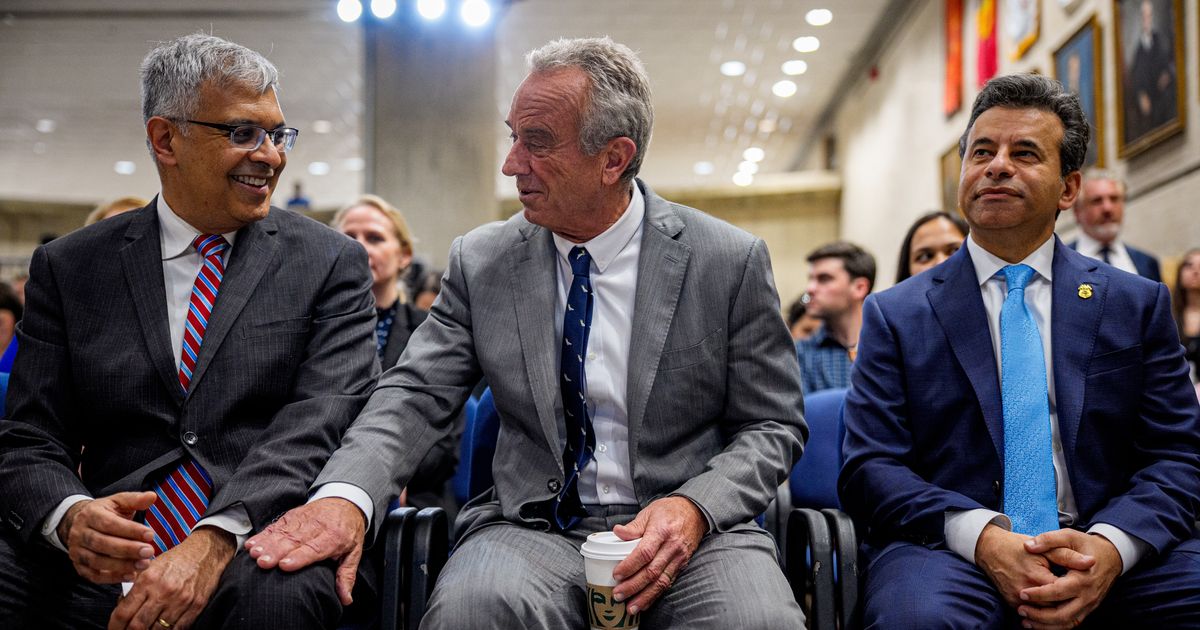DACA Dreamers at Risk: New Rule Threatens Health Coverage Lifeline
Health
2025-03-24 13:09:20Content

A recent proposed rule change challenges the healthcare eligibility of DACA (Deferred Action for Childhood Arrivals) recipients under the Affordable Care Act. The proposed amendment argues that DACA participants do not satisfy the legal "lawfully present" criteria established by Congress, potentially limiting their access to healthcare coverage.
This proposed modification could significantly impact the approximately 700,000 DACA recipients currently living in the United States, who have been brought to the country as children and granted temporary protection from deportation. The rule change would effectively exclude these young immigrants from obtaining health insurance through the Affordable Care Act's marketplace exchanges.
Advocates for DACA recipients argue that these individuals contribute to society, pay taxes, and should be entitled to the same healthcare opportunities as other residents. The proposed rule represents a critical legal and humanitarian debate about the status and rights of young immigrants who have spent most of their lives in the United States.
Healthcare Access in Limbo: DACA Recipients Face Potential ACA Exclusion
In the complex landscape of immigration and healthcare policy, a proposed rule change threatens to reshape the eligibility of Deferred Action for Childhood Arrivals (DACA) recipients' access to health insurance under the Affordable Care Act, sparking intense debate about immigrant rights and healthcare accessibility.Navigating the Uncertain Terrain of Healthcare Equity
The Legal Battleground of Immigration and Healthcare
The proposed regulatory modification represents a critical inflection point in the ongoing dialogue surrounding immigrant healthcare rights. Policymakers are scrutinizing the intricate legal framework that defines "lawful presence" within the healthcare system, potentially creating significant barriers for DACA recipients who have long considered themselves integral members of American society. Deeper examination reveals the complex intersections of immigration status, legal interpretation, and fundamental human rights. The proposed rule challenges the existing understanding of healthcare accessibility, suggesting a narrow interpretation that could dramatically impact thousands of young immigrants who have built their lives in the United States.Implications for DACA Recipients' Healthcare Landscape
The potential exclusion from the Affordable Care Act represents more than a bureaucratic technicality; it strikes at the heart of personal security and well-being for a vulnerable population. DACA recipients, who have often lived most of their lives in the United States, could suddenly find themselves without critical health insurance coverage. Medical professionals and healthcare advocates argue that such a restriction would create significant public health challenges. By potentially limiting access to preventive care and essential medical services, the proposed rule could lead to increased emergency room utilization and broader community health risks.Constitutional and Ethical Considerations
Legal experts are closely examining the constitutional implications of the proposed rule change. The interpretation of "lawfully present" status raises profound questions about the rights of individuals who have been raised and educated in the United States, yet find themselves in a precarious legal position. The debate extends beyond legal technicalities, touching on fundamental principles of human dignity and social inclusion. Advocates argue that DACA recipients contribute significantly to American society through education, workforce participation, and community engagement, making their healthcare exclusion particularly problematic.Potential Socioeconomic Ripple Effects
The proposed rule change could have far-reaching consequences beyond individual healthcare access. Economic analysts suggest that limiting healthcare options for DACA recipients could result in increased financial strain on local healthcare systems and potentially impact broader economic productivity. Young immigrants often represent a critical demographic in workforce development and economic innovation. By creating barriers to essential healthcare services, the proposed rule might inadvertently undermine economic resilience and community stability.Navigating Uncertain Policy Terrain
As the debate continues, DACA recipients and their supporters remain vigilant, mobilizing legal resources and public advocacy to challenge the proposed restrictions. The outcome will likely have significant implications for immigration policy, healthcare accessibility, and the broader understanding of social inclusion in the United States. The unfolding narrative represents a critical moment in the ongoing dialogue about immigrant rights, healthcare equity, and the fundamental principles of social justice.RELATED NEWS
Health

Massive Staff Shake-Up: CDC Dangles $25K Incentive for Mass Employee Exit
2025-03-09 19:02:57
Health

Health Agencies on Edge: DOGE and RFK Jr.'s Radical Restructuring Threatens Major Staff Cuts
2025-03-21 21:33:48






